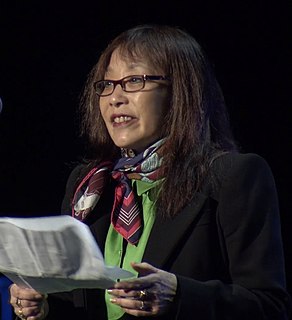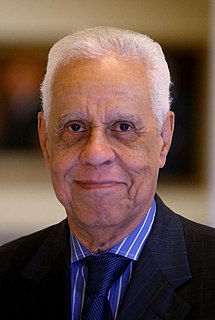A Quote by Deborah Smith
I did my BA in English lit, and hated the restriction - I'd always read more in translation than not; coming from a working-class background, what I knew of as British literature - the writers who made big prize lists and/or were stocked in WH Smith, Doncaster's only bookshop until I was 17 - seemed incredibly, alienatingly middle-class. Then in 2009, just after the financial crash, I graduated with no more specific skill than 'can analyse a bit of poetry'.
Quote Topics
Related Quotes
The larger an English industry was, the more likely it was to go bankrupt, because the English were not naturally corporate people; they disliked working for others and they seemed to resent taking orders. On the whole, directors were treated absurdly well, and workers badly, and most industries were weakened by class suspicion and false economies and cynicism. But the same qualities that made English people seem stubborn and secretive made them, face to face, reliable and true to their word. I thought: The English do small things well and big things badly.
Since the heady days of the 2009 Inauguration, middle-class independents have grown increasingly distant from Obama. Working-class voters - always more enamored of Clinton - have grown even more wary and distrustful of the Chicagoan. Both voting blocs pose the danger of serious defection in 2012. Without their support, Obama cannot win.
I was brought up in a very naval, military, and conservative background. My father and his friends had very typical opinions of the British middle class - lower-middle class actually - after the war. My father broke into the middle class by joining the navy. I was the first member of my family ever to go to private school or even to university. So, the armed forces had been upward mobility for him.
The government decides to try to increase the middle class by subsidizing things that middle class people have: If middle-class people go to college and own homes, then surely if more people go to college and own homes, we’ll have more middle-class people. But homeownership and college aren’t causes of middle-class status, they’re markers for possessing the kinds of traits — self-discipline, the ability to defer gratification, etc. — that let you enter, and stay, in the middle class. Subsidizing the markers doesn’t produce the traits; if anything, it undermines them.



































